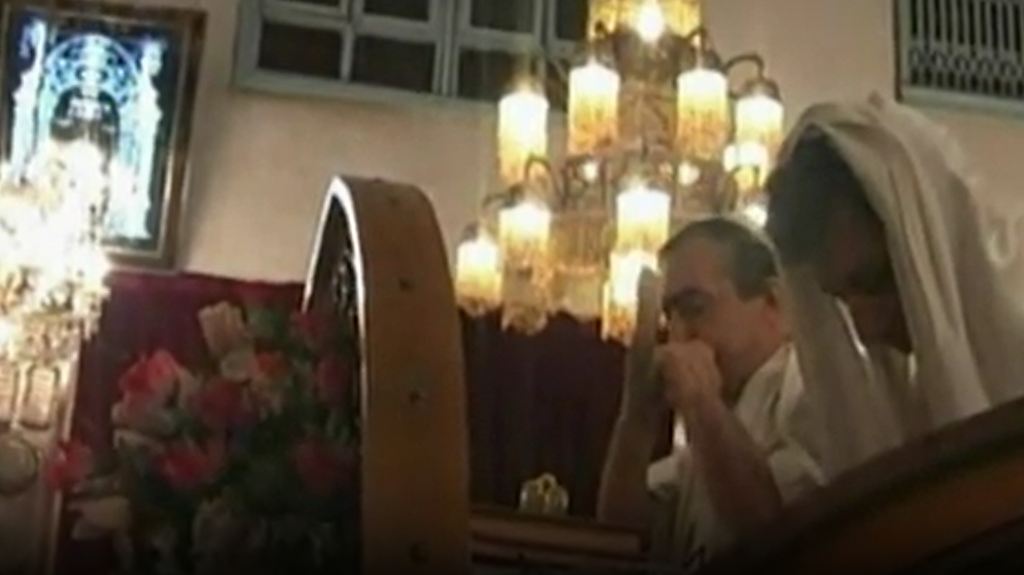Rabbi Dr. Elie Abadie, co-president of JJAC, said that five years ago, 13 Jews were living in Syria, but some have since died, and others left the country. Regarding those who remain, he said: “They have their homes and don’t want to leave. They’ve grown accustomed to life there.”
Abadie added that the four remaining Jews do not fear for their safety despite Syria’s ongoing instability.
“They weren’t concerned during the revolution or the fall of Assad. They believe no harm will come to them,” he said. “They could leave, but they are old and reluctant to start over in a new country. They have relatives in Israel, New York and elsewhere in the U.S.”
The rabbi noted that the remaining Jews still attend synagogue, though they lack the quorum needed for communal prayers. “Assad left them alone, but Syrian intelligence keeps a close watch. It’s unclear whether it’s for their protection or surveillance,” he said.
Abadie expressed concern for other minority groups in Syria, warning that they could face a grim future if Assad’s regime falls. “The Jews are no longer in Syria, but I worry about the Christians. Minorities didn’t receive protection under previous regimes, and there’s a serious risk they could suffer again under new leadership,” he said.
Documenting a vanishing community
JJAC also released a report detailing the persecution, dispossession and expulsion of approximately 30,000 Jews from Syria during the 20th century.
“Syria was home to an ancient Jewish community, with archaeological evidence of a continuous presence in cities like Damascus and Aleppo, where the Jewish population sometimes outnumbered that of the Land of Israel,” said Silvan Abitbol, JJAC co-president.
Get the Ynetnews app on your smartphone: Google Play: https://bit.ly/4eJ37pE | Apple App Store: https://bit.ly/3ZL7iNv
However, the report highlights a severe decline in the status of Jews in Syria beginning in the 1930s with the rise of Arab nationalism. This period saw Nazi-inspired youth groups, violent attacks, and increasing antisemitic incitement. After World War II, persecution intensified, including property confiscation, travel restrictions, economic exclusion, state harassment, and violence. Between 1943 and 1958, Syria’s Jewish population plummeted from around 29,770 to fewer than 5,400. By 1991, fewer than 100 Jews remained. Today, only four are left, all in Damascus.
JJAC, which documents the history of nearly one million Jews displaced from Arab countries and Iran, aims to raise awareness of these communities’ heritage and rights.
“For 75 years, the world has ignored the mass displacement of more than 850,000 Jews from Arab countries,” said Dr. Stanley Urman, JJAC’s vice president.
“This call for justice isn’t meant to diminish the suffering of Palestinian refugees,” Abitbol added, “but to acknowledge that the Middle East war created two refugee populations. Both deserve recognition and justice.”



